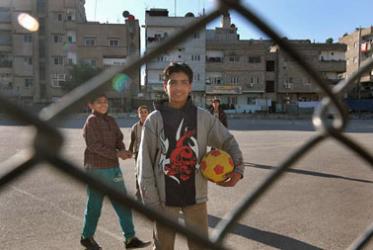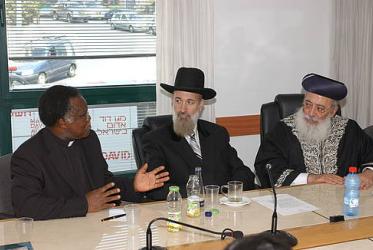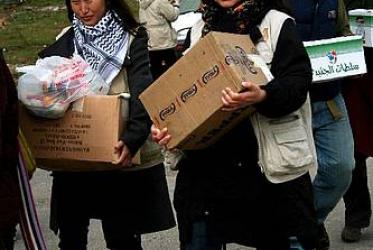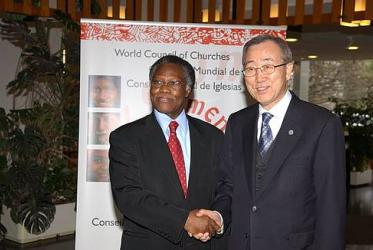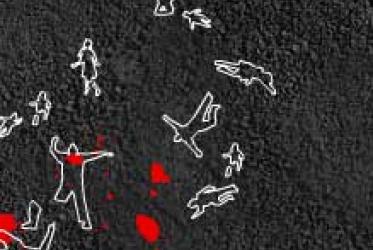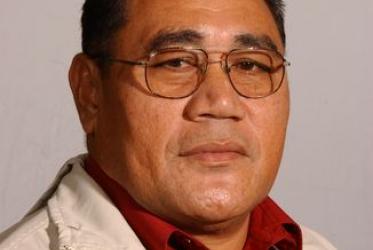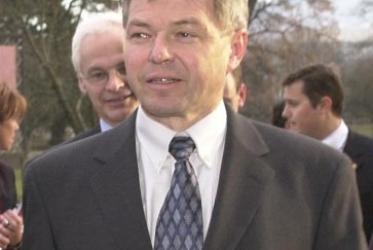"Papuans still are subject to torture, ill-treatment, arbitrary arrests and unfair trials by the Indonesian authorities," said the World Council of Churches (WCC) programme executive for human rights, Christina Papazoglou in a 14 March oral intervention before the United Nations Human Rights Council, which is currently holding its seventh session in Geneva. On behalf of the WCC, Papazoglou asked for a fact-finding mission to be sent to the Indonesian province of Papua, one of the word's richest in terms of natural resources, in order to raise the international awareness of the indigenous population's poor living conditions.
17 March 2008


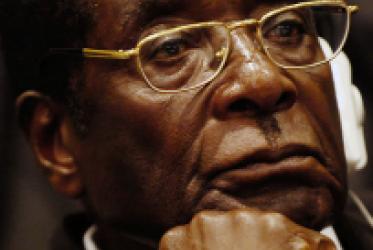

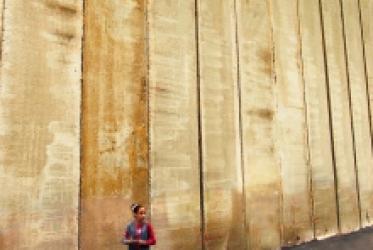
!["All Iraqis are trying to leave," Clara - a young woman working for the Greek Orthodox Patriarchate in Damascus and a refugee herself - told the WCC delegation. "Since one year the United Nations tell us that they will find a solution [for Iraqi refugees in the region], but nothing happens." "All Iraqis are trying to leave," Clara - a young woman working for the Greek Orthodox Patriarchate in Damascus and a refugee herself - told the WCC delegation. "Since one year the United Nations tell us that they will find a solution [for Iraqi refugees in the region], but nothing happens."](/sites/default/files/styles/teaser/public/newsItem/wjV59XHs.jpeg?itok=YIkp9xNl)

